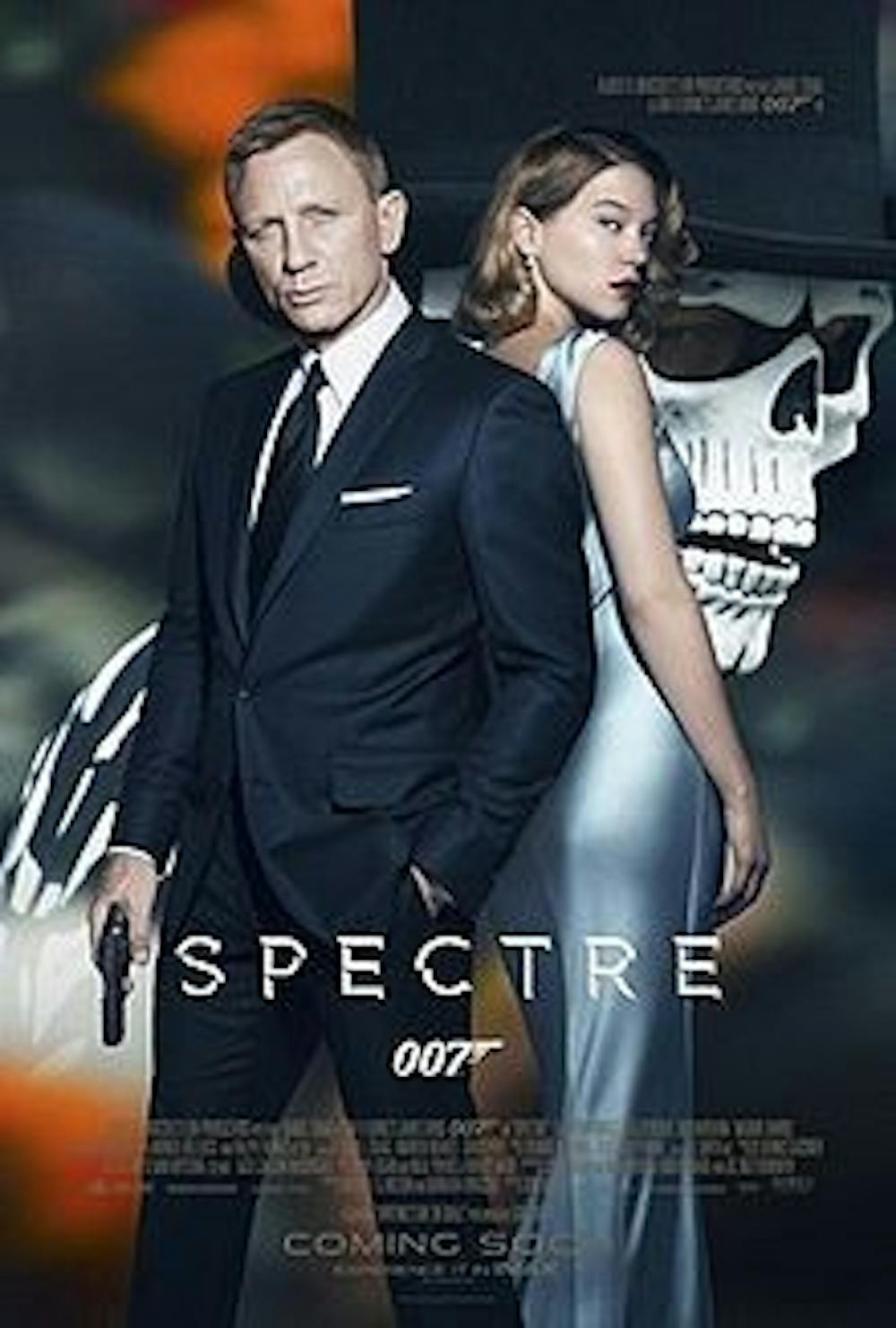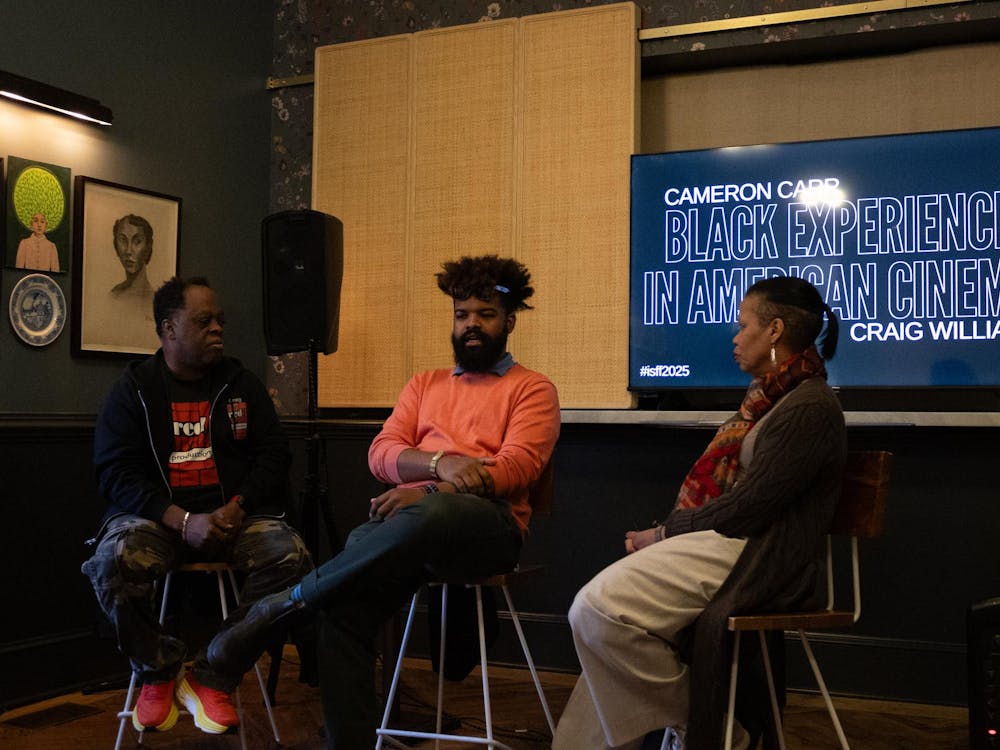The twenty-fourth and most recent James Bond film, “Spectre,” debuted Nov. 6.
The film’s direct predecessor, “Skyfall,” debuted in 2012 and was followed by both critical acclaim and record earnings. “Skyfall” retained just the right amount of classic Bond appeal while weaving in new threads of character vulnerability and self-awareness and utilizing artful scenery and cinematography. As the apex of Daniel Craig’s role as Agent 007, “Skyfall” is a tough act to follow.
Sam Mendes directed “Skyfall,” “Spectre” and the masterful suburban-nightmare film “American Beauty.” He may seem like an odd choice for command of the womanizing, martini-swilling Bond, but in “Skyfall,” the style of “American Beauty” melded beautifully with classic Bond antics. In “Spectre,” though, the dissonance between director and subject shows.
“Spectre” retains visual sleekness but falls short of cohesive artistry, and its formulaic story is less fleshed out than other films in the reboot series. More importantly, “Spectre” simply isn’t fun.
Very little in “Spectre” is original: The dialogue feels recycled exemplified when Bond tries to gain insider information from Madeleine Swann (Léa Seydoux) by persuading her to trust him simply because he is the best shot she has at staying alive — a predictable line lacking in substance.
Similarly, actor Christoph Waltz, who played evil mastermind Blofeld and has played the disturbingly upbeat villain on multiple previous occasions, failed to bring the unexpected to the screen. His performance is entertaining, as is Seydoux’s, but like the plotline, the characters border on being routine.
An exception to the cliché aspects is the very surprising and well visualized opening sequence, which shows Bond running on rooftops and weaving through parades in the streets of Mexico City on Día de los Muertos.
The first several minutes of action depicting Bond as he moves toward his first target are shot in a single, well-choreographed take, and the hauntingly elegant costumery forms an appropriate backdrop for this cold but classy character.
Murder is not incidental — it’s the mission in “Spectre,” emphasized by Bond repeatedly being called “assassin” rather than “spy.” Foreshadowed in the opening sequence and discussed throughout the film, death has taken on new weight. Acknowledging Bond’s high kill count and shifting away from portraying human life as disposable is a risky move for the franchise.
While it’s probably time that Bond fans stop kidding themselves about his occupation, the series now needs to firmly establish Bond as an antihero or risk alienating many admirers.
Despite a muddled plot resolution and some conventional dialogue, “Spectre” brings with it many exciting locales, a fiercely competent Bond girl and rare insight into Bond’s childhood. For Bond fans, “Spectre” is worth seeing and talking about.







